A.B. Yehoshua was born in 1936 to a fifth-generation Jerusalem family of Sephardi origin. His first book of stories, "Mot Hazaken" (The Death of the Old Man) was published in 1962. He was an important member of the "new wave" generation of Israeli writers who differed from earlier writers by focusing on the individual rather than the group. Franz Kafka, Shmuel Yosef Agnon, and William Faulkner were all formative influences.
Author of nine novels, three books of short stories, four plays, and four collections of essays, Yehoshua has won the Brenner Prize, the Alterman Prize, the Bialik Prize, the Israel Prize for Literature, the National Jewish Book Award and many, many other international prizes.
His most recent novel, Friendly Fire, explores the nature of Israeli familial relationships, personal grief and bitterness. We met recently at the Blue Met Writers Festival in Montreal to talk about the book. Our conversation touches on the Jewish diaspora, hatred and minorities, a two state solution, gestures recognizing good, the metaphor of fire, domestic violence, Apartheid, South Africa, solutions, marriage, and marriages between Arabs and Jews.

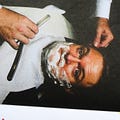



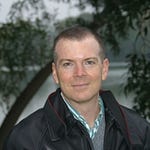
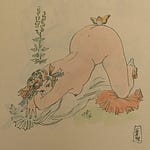
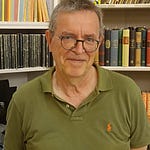

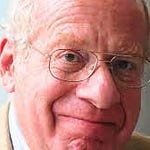
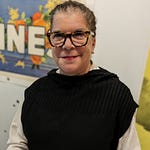
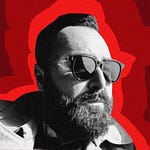
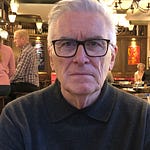
A.B. Yehoshua on his novel Friendly Fire